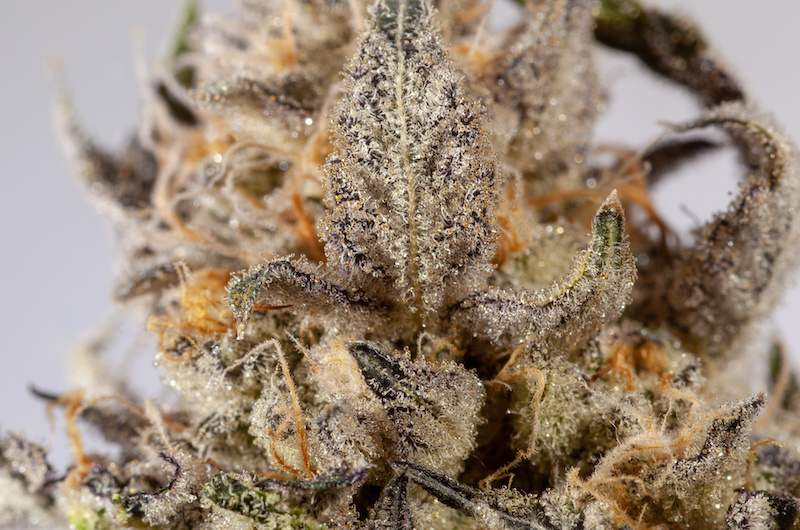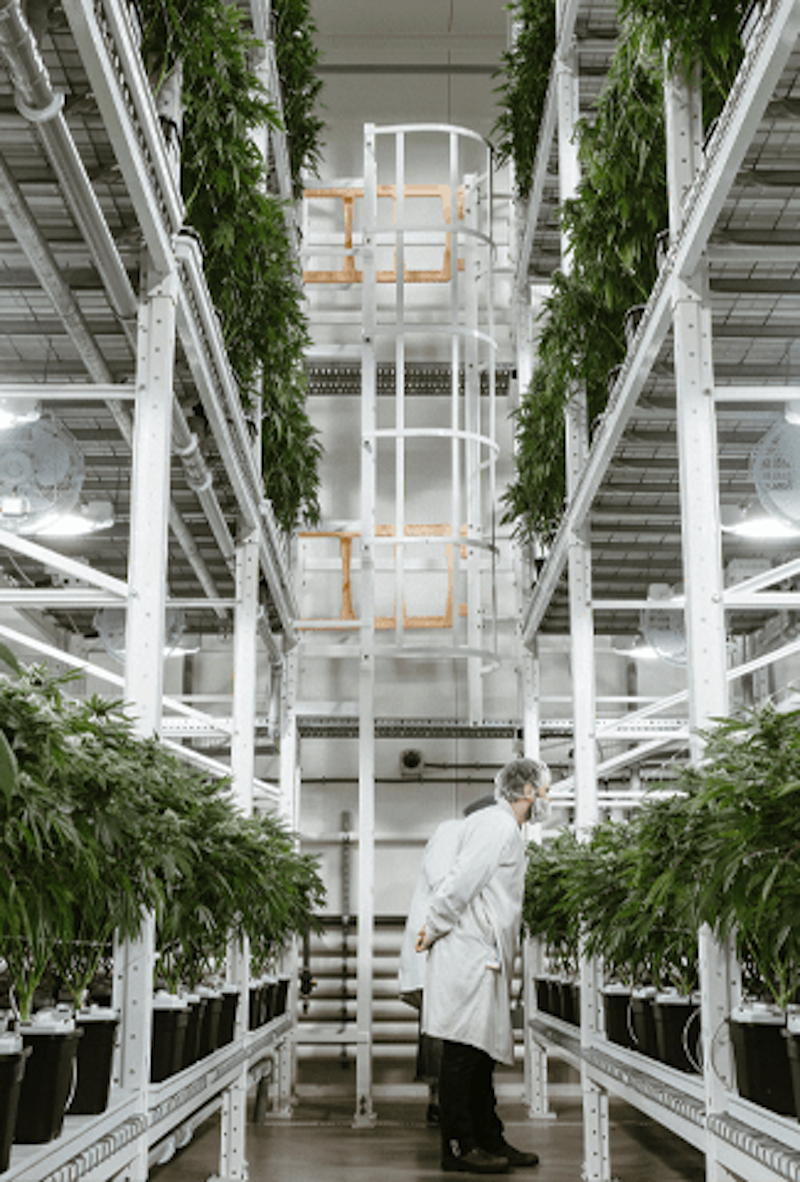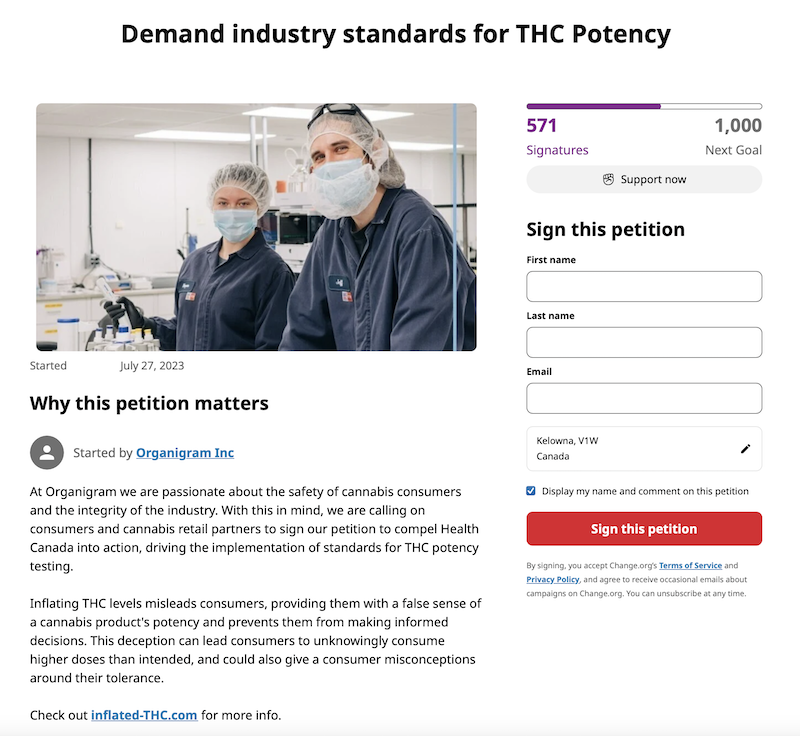Features
Cannabis producer trying to stamp out inflated THC levels
Published on October 20, 2023 by Pat Bulmer
 Photo: Adobe stock/the oz.
Photo: Adobe stock/the oz. A New Brunswick cannabis grower is trying to rally public support for a campaign to stop inflating THC levels on cannabis labels.
Organigram, based in Moncton, has launched an online petition and the website inflated-THC.com. They’re also working with other companies to lobby Health Canada for stronger testing standards.
“There is an increasingly widespread practice by certain licensed producers and labs of inflating the stated THC potency on flower products through selected sampling and testing practices,” Organigram’s Alisha Fernandes responded in a series of email answers to questions from the oz.
“Sixty-seven per cent of consumers trust the potency listed on their cannabis label, according to our research,” she writes, citing a 2023 study. “The result is that price and THC content have become their paramount decision drivers when purchasing flower.”
She says this has led to “many (producers) falsely overstating the THC content of their products.”
Fernandes adds: “This is happening because Health Canada has not yet prescribed specific and rigorous testing standards for cannabis as they have in other categories like tobacco, as an example.”
 Photo: Contributed
Photo: Contributed On the petition page, Organigram notes that Health Canada requires every cannabis product to be tested for THC and CBD levels, but the federal agency doesn’t review or approve the labels.
“Health Canada hasn’t set clear and strict testing standards for cannabis testing like they have for other regulated products. Some cannabis companies and labs use sneaky tactics to inflate THC levels,” inflated-thc.com says.
Companies can manipulate results by picking or enhancing samples to deliver higher results and choosing favourable labs, the website says.
Health Canada’s website notes that cannabis potency is tested by the lot or batch: “Health Canada would like to reiterate that the THC and CBD content values displayed on a dried cannabis product label should reflect the value as tested for the lot.”
Kelowna company Supra Research and Development, which tests cannabis and a variety of other products, told the Globe and Mail they tested many samples that didn’t match the THC levels listed on the label. Supra’s CEO also said his company has lost business to labs he believes are producing inflated THC values.
Organigram and others are lobbying Health Canada to set standards for THC potency labelling and testing.
“We are actively collaborating and have joined forces with a group called IoCann and a group of labs and LPs in the development of standardized sampling and testing practices to put forward to Health Canada,” Fernandes writes to the oz.
“To safeguard the future of legal cannabis and maintain the integrity of our public health and safety objectives, the government must prioritize such issues that are challenging the well-being of this industry.
“We are hoping that Health Canada develops a prescribed standardized testing and sampling methodology for THC potency.”
The petition will show the campaign has widespread support, she says.
“The purpose of this petition is to convey that this isn’t merely an isolated Organigram issue; rather, it represents a pervasive concern within the industry, one that directly undermines its integrity and reputation.
“We’ve garnered the support of hundreds who have signed this petition. It is our collective belief that if this issue is not promptly addressed, it could lead to far-reaching consequences,” Fernandes writes.
 Photo: Contributed
Photo: Contributed As of mid-October, about 575 people had signed the petition on change.org.
“THC inflation is false advertising and it’s unfair to consumers who buy products off of high THC and terpenes. As someone who works in the industry, I’m sick of all the products I have tried that turned out to be bunk because of fancy packaging and false numbers, and in return, I am forced to sell unwanted weed to other consumers who are also equally disappointed,” Stephanie Gunn writes about why she added her name to the petition.
“I’m a budtender and it’s getting harder to discuss these THC%s with a straight face,” Stefan Kowalik writes.
“Accurate THC and CBD representation is important to me. There should be national standard for testing and labeling,” says Daniel Furster.
“If this was fudging numbers on alcohol I’m guessing it wouldn’t go over too well,“ adds Katelynn Scott.
“One of the benefits of legalization was knowing exactly what you were consuming,” writes Stephanie Longstaff.
“This shit needs to change,” says Peter Flynn.
Organigram started in 2013 as a medical cannabis producer. It now grows cannabis at its headquarters in Moncton, N.B., has a craft- and hash-growing facility in Lac-Superieur, Que., and makes edibles in Winnipeg.
Leave a comment on our Facebook page.
© Copyright 2023 Okanagan Z. | About the oz.
Report a Typo or Inaccuracy
We strive to avoid typos and inaccuracies. However, on occasion we make mistakes. We value your contributions and help in correcting them.